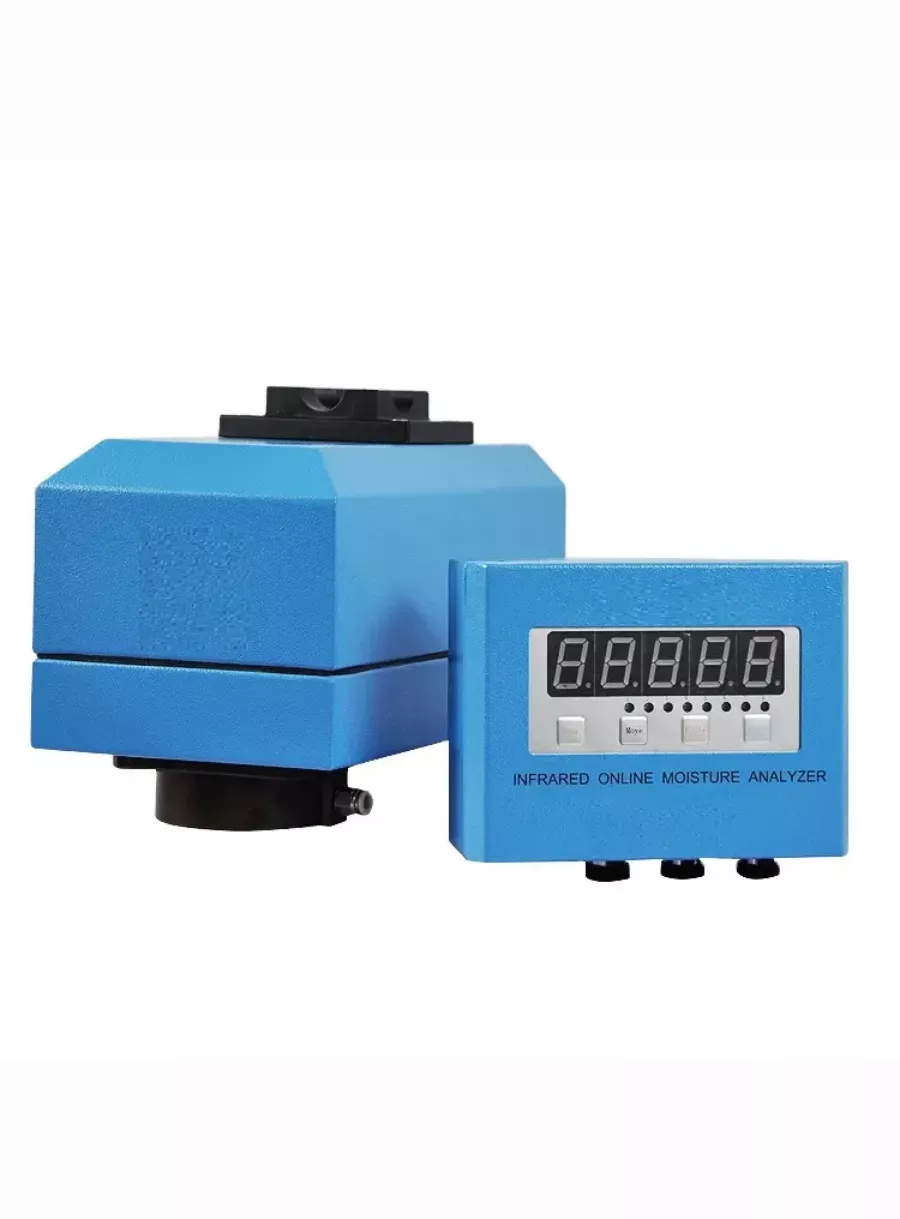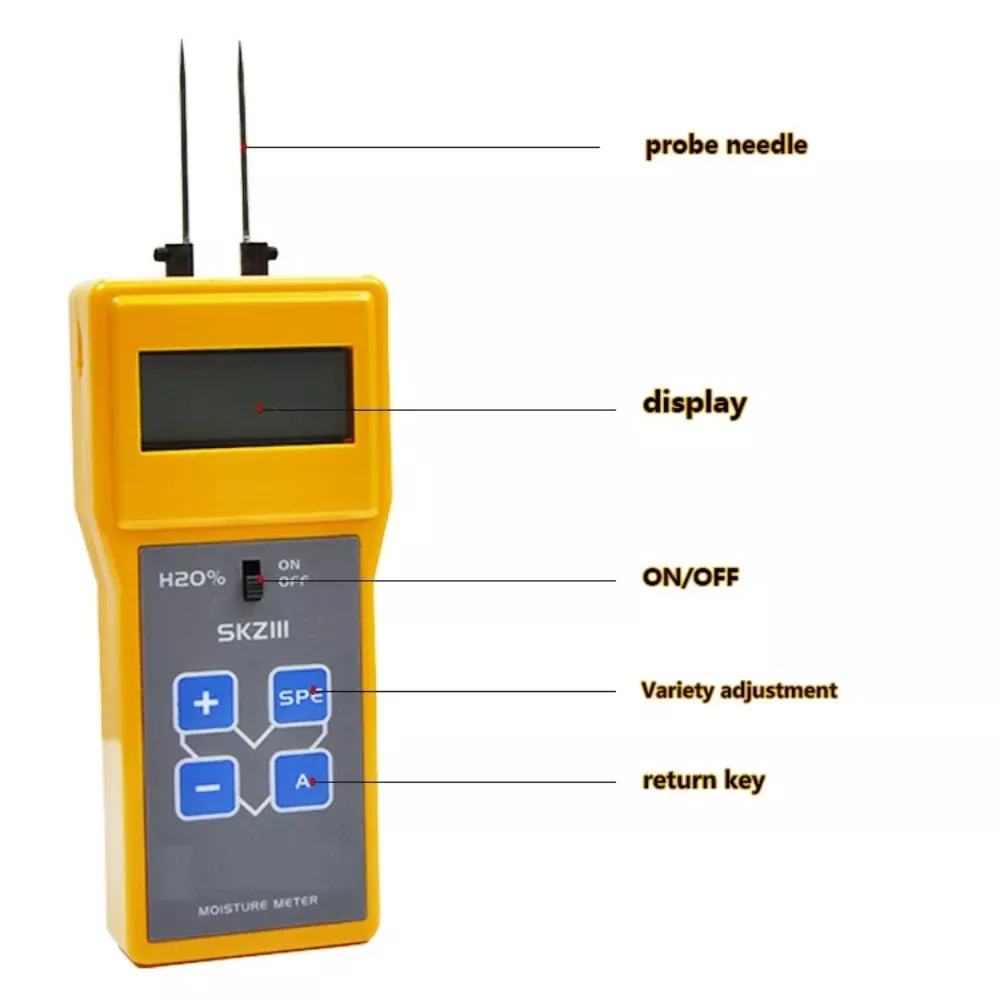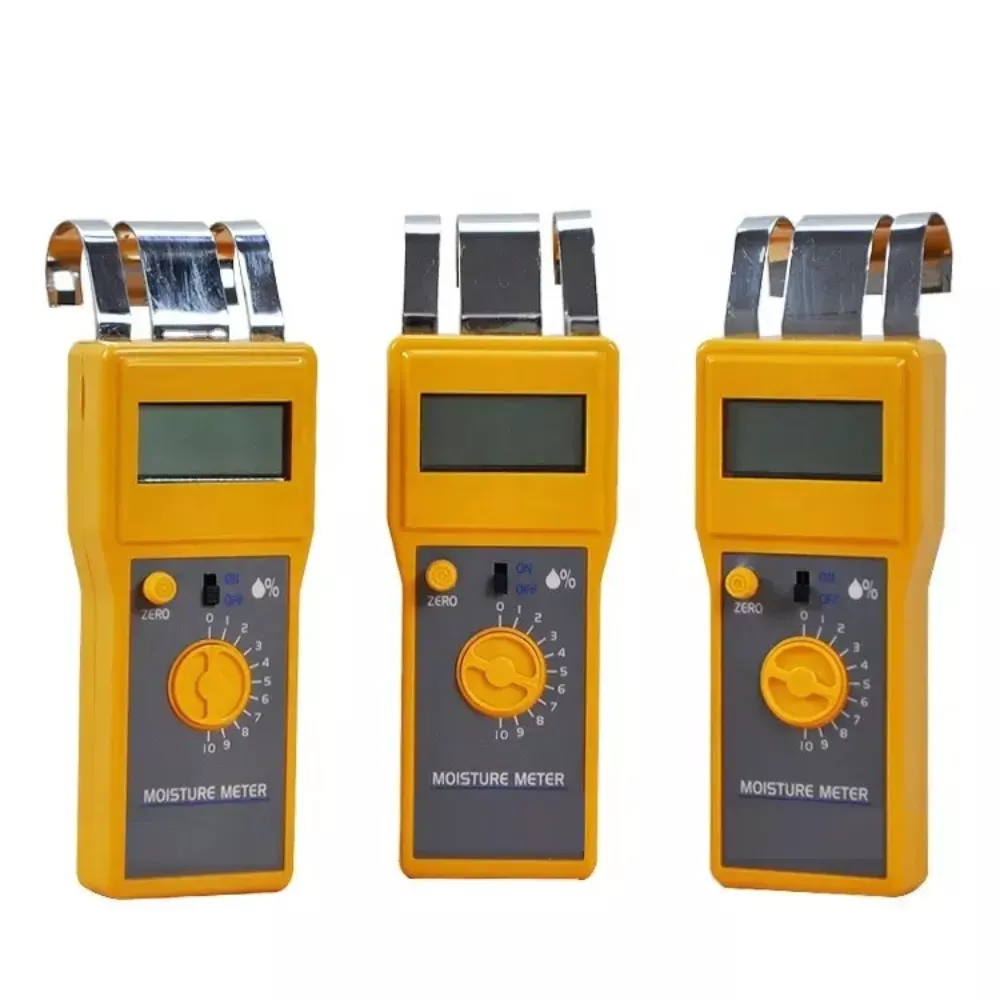
The Difference Between Soil Moisture Meters and Leaf Moisture Meters
Table of Contents
Moisture meters are essential tools for gardeners and farmers alike, as they help to determine the moisture content in the soil or leaves of plants. This information is crucial for maintaining healthy plants and ensuring optimal growth. However, there are two main types of moisture meters available on the market: soil moisture meters and leaf moisture meters. In this article, we will discuss the differences between these two types of meters and their respective applications.
Soil moisture meters are designed to measure the moisture content in the soil surrounding plant roots. These meters typically consist of a probe that is inserted into the soil, and a digital display that indicates the moisture level. Soil moisture meters can be further classified into two categories: capacitive and resistive. Capacitive soil moisture meters work by measuring the dielectric constant of the soil, which is influenced by the moisture content. Resistive soil moisture meters, on the other hand, measure the electrical resistance of the soil, which also varies with moisture levels.
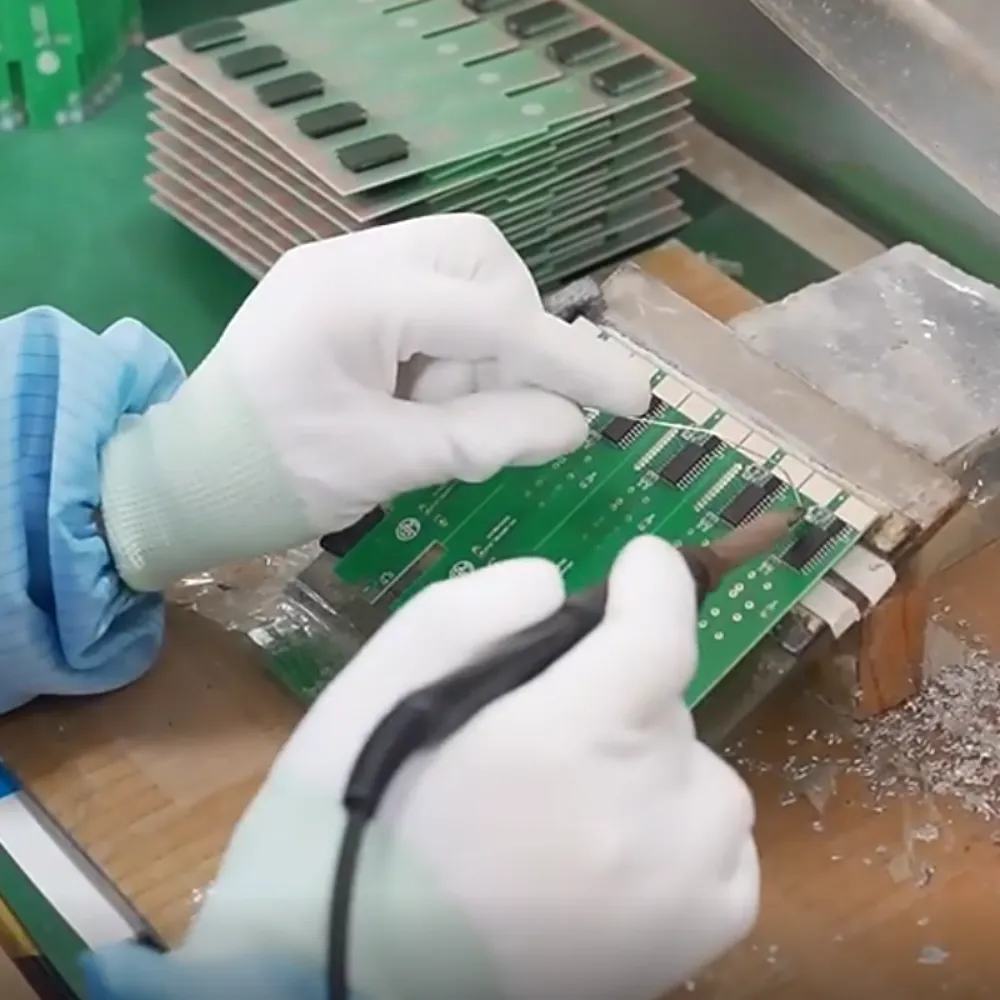
Leaf moisture meters, on the other hand, are used to measure the moisture content in the leaves of plants. These meters typically consist of a probe that is placed against the leaf surface, and a digital display that indicates the moisture level. Leaf moisture meters work by measuring the electrical conductivity of the water present on the leaf surface. This method is based on the principle that water is an excellent conductor of electricity, and its presence on the leaf surface will cause an increase in electrical conductivity.
Choosing the Right Moisture Meter
The choice between a soil moisture meter and a leaf moisture meter depends on the specific needs of the gardener or farmer. Soil moisture meters are generally more suitable for large-scale agricultural applications, as they provide an accurate measurement of the moisture content in the soil throughout the field. This information can be used to optimize irrigation schedules and ensure that plants receive the appropriate amount of water.
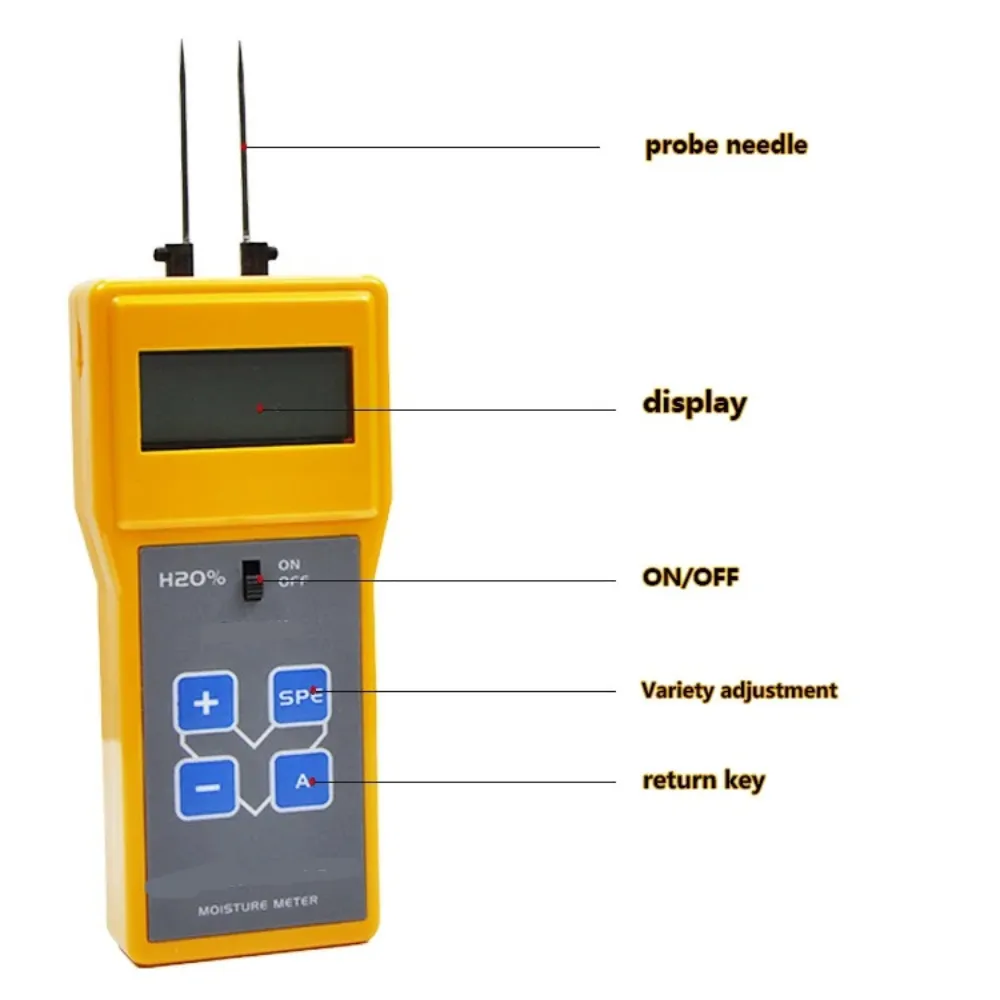
Applications of Leaf Moisture Meters
Leaf moisture meters, on the other hand, are more suitable for smaller-scale gardening applications, as they provide a quick and easy way to monitor the moisture content in individual plants. This information can be used to identify any plants that may be experiencing water stress, and to take corrective action if necessary. Additionally, leaf moisture meters can be used to monitor the effectiveness of watering practices, and to make adjustments as needed to ensure that plants are receiving the appropriate amount of water.
Conclusion: Understanding Moisture Meters
In conclusion, both soil moisture meters and leaf moisture meters have their own unique advantages and applications. Soil moisture meters are ideal for large-scale agricultural applications, as they provide an accurate measurement of the moisture content in the soil throughout the field. Leaf moisture meters, on the other hand, are more suitable for smaller-scale gardening applications, as they provide a quick and easy way to monitor the moisture content in individual plants. By understanding the differences between these two types of moisture meters, gardeners and farmers can make informed decisions about which type of meter is best suited to their specific needs.
Comments
Tags
Frequently Asked Question
Soil moisture meters measure the moisture content in the soil, while leaf moisture meters measure the moisture content on the surface of plant leaves.
Soil moisture meters work by measuring either the dielectric constant or the electrical resistance of the soil, which varies with its moisture content.
A gardener might choose a leaf moisture meter for smaller-scale applications to quickly and easily monitor the moisture content of individual plants, identifying any that may be water-stressed.
Yes, soil moisture meters are ideal for large-scale agricultural applications, while leaf moisture meters are more suitable for small-scale gardening applications.

